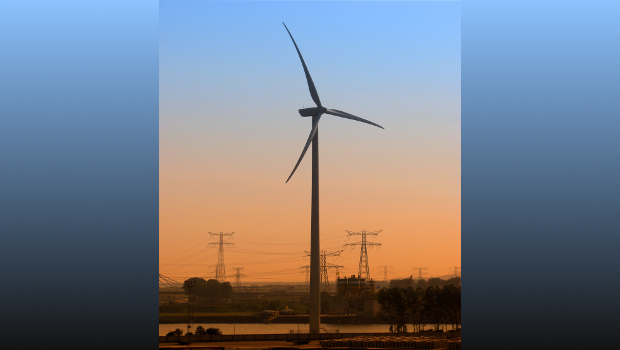As more services move to the cloud, online giants are building more data centres to keep up. Every Netflix video we stream and every Uber ride we order goes through a massive compute farm somewhere.
Microsoft said it will step up its commitment to reduce the impact its data centres have on the environment. That means using more wind, solar, and hydropower to generate electricity.
“Today, roughly 44% of the electricity used by Microsoft’s data centres comes from renewable energy sources,” Brad Smith, Microsoft
“Across the tech sector, we need to recognise that data centres will rank by the middle of the next decade among the largest users of electrical power on the planet,” Brad Smith, the company’s president and chief legal officer, said in a blog post.
Today, roughly 44% of the electricity used by Microsoft’s data centres comes from renewable energy sources, he said.
“Our goal is to pass the 50% milestone by the end of 2018, top 60% early in the next decade, and then to keep improving from there,” Smith said.
Like other web-scale companies, Microsoft likes to point out that its data centres are already “100% carbon neutral.” But, as Smith explains, that does not mean they are powered entirely by renewable energy. Microsoft buys “renewable energy certificates” and other tools that reflect investments in renewables, allowing it to claim credit for that energy even though it doesn’t consume it directly.
Its goal is to increase the renewable energy it uses to directly power its data centres.
Facebook is in a similar position. In 2015, 35% of the energy it consumed came from renewable energy sources, according to figures it posted online, and it’s aiming for 50% in 2018.
Microsoft is cutting its energy use in other ways, too. It charges business units a fee for their carbon use, encouraging them to be more efficient. And it’s experimenting with undersea data centres, which may be able to tap into offshore wind farms and require less energy for cooling.
“While we’re proud of our progress, we readily recognise that even bigger steps will be needed in the future,” Smith said.
IDG News Service





Subscribers 0
Fans 0
Followers 0
Followers